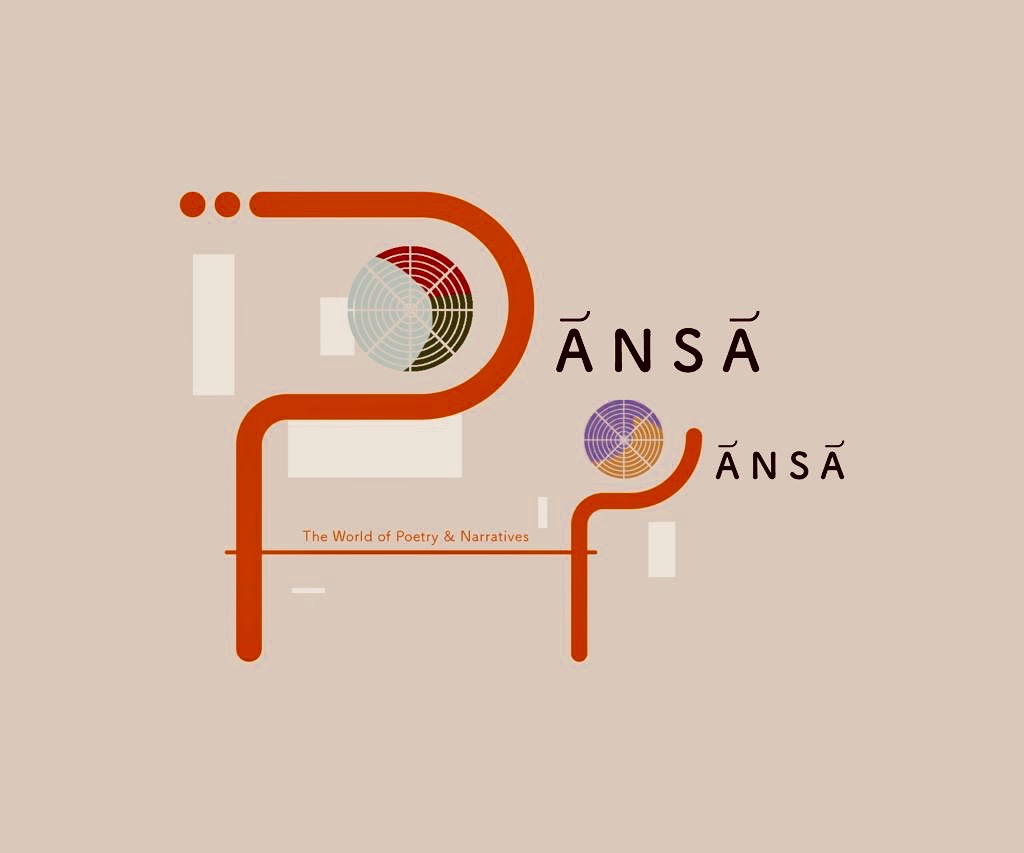
By Kemi Seriki
A few months ago, I was at Barnes & Noble browsing through new publications. I was trying to find a book with an alternate view on race relation in America especially in the present climate of intolerance in American society. As I browse around, I came across the new publication from Mark Mathabane- The lesson of Ubuntu: How an African Philosophy Can Inspire Racial Healing in America. I have read two of this author’s previous books Kaffier Boy in America and African Women: Three Generations the stories which I found very captivating and undeniably enlightening. With the great appreciation that I have for his previous work, I decided to pick up the book to learn about the South African philosophical approach towards racial healing. I thought Mathabane’s unique racial experiences both in South African during apartheid in South Africa and as an immigrant of color in America may provide both exciting and appealing approach to racial healing not only in America but in any part of the world.
As a South African immigrant with experience of apartheid, I want to find out his view on institutionalized racism and how it could be challenged and eventually eradicated. I also want to find out his relationship with both black and white Americans, the intensity of racial injustice when it comes to black experience in America and apartheid in South Africa and does healing including teaching the real history of the past atrocity to every generation in the future so that history would not repeat itself. There were the burning questions I have, and I was hoping some insight on these views. As explained, the word Ubuntu in Zulu means “common humanity,” and it applies to various human relations from individual family to global family which should be manifested in countless human acts such as political decision, economic advantages, and global inequalities.
In “The Lesson of Ubuntu,” the book is divided into two parts in which the first part focuses on ten obstacles to racial healing and in the second part, he talked about the ten principles of Ubuntu. Mathabane uses his experience of racism while he was in South Africa during Apartheid and later when he relocated to the United States to promote the idea of racial healing. Mathabane challenges each member of society to become the agent of change towards racial healing and injustice. He asked both black and white to utilize the lesson of Ubuntu to overcome stereotype, to connect through empathy instead of hatred, to learn about one another instead of profiling, to gain forgiveness instead of recharacterization, and to challenge our mutual distrust and self-segregation. By practicing nonviolence and implementing restorative justice in American society as he stated, American could eventually reach its full potential of racial harmony.
I agree with the principles of Ubuntu and the idea that we are all agent to racial healing but can this principle work in a country that failed to recognize the atrocity of its past for over 400 years of dehumanizing people of African descent and other racial minorities. The racial history in the United States is very complex, and it stems from slavery to industrial servitude, to Jim Crow, to criminalization of blacks in promoting prison industrial complex, to institutionalized racism, to racial inequality to police brutality, to housing segregation and school segregation to inequality in the education system. Discrimination and racial segregation continue to thrive in America because it is a system that is entrenched more on institutional settings than on individual acts.
Mathabane never addresses racial inequality and institutionalized racism or any of this history in his book. I would ask Mathabane some few questions that he failed to address in his book. After Apartheid ended in South Africa and the principle of Ubuntu was adopted, has this eradicate the racial inequality and systematic racism. Do the lessons of Ubuntu and practice of empathy by White South Africans lead to giving up white privilege and provide equality in all areas that once deprived of black South Africans.
Most enslaved Africans in America came from West Africa, and in Ghana, there is a Twi word called Sankofa which translates to “Go back and get it.” Sankofa means that to move forward, we must remember our past to protect our future. For healing to take place, we must first document the real history of the past and how this history reflects the on today’s racial tension. Could Ubuntu lesson include teaching the accurate and complete history of the past brutality to generations of those who were brutalized and those who perform the cruelty? In that way, history would not repeat itself as we are experiencing today.

